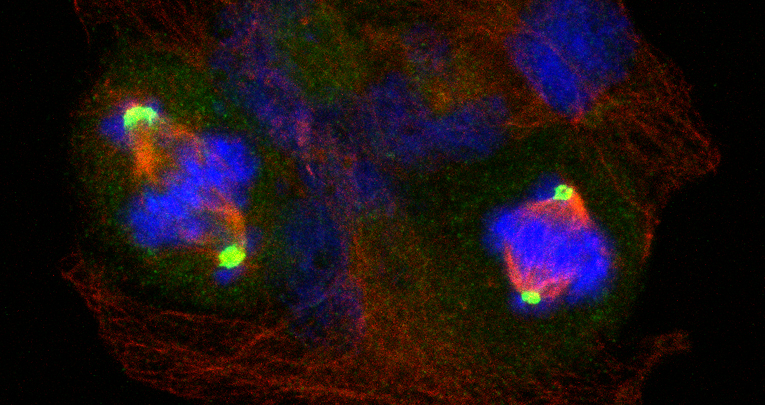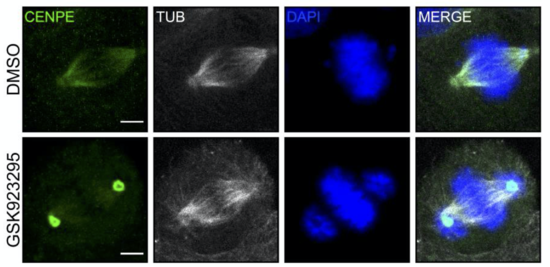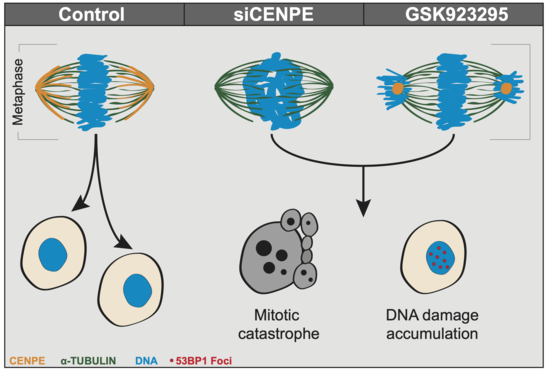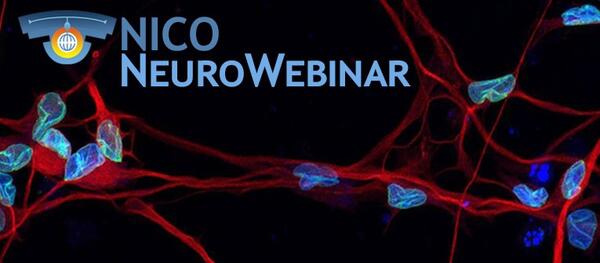
Cancers , 1 March 2021
CENPE Inhibition Leads to Mitotic Catastrophe and DNA Damage in Medulloblastoma Cells
Iegiani G 1,2 , Gai M 3 , Di Cunto F 1,2 , Pallavicini G 1,2
Simple Summary
Medulloblastoma (MB) is the most frequent brain tumor in children. The standard treatment consists in surgery, followed by radiotherapy and chemotherapy. These therapies are only partially effective, since many patients still die and those who survive suffer from neurological and endocrine disorders. Therefore, more effective therapies are needed. CENPE is a gene critical for normal proliferation and survival of neural progenitors. Since there is evidence that MB cells are very similar to neural progenitors, we hypothesized that CENPE could be an effective target for MB treatment. In MB cell lines, CENPE depletion induced defects in division and resulted in cell death. To consolidate CENPE as a target for MB treatment, we tested GSK923295, a specific inhibitor already in clinical trials for other cancer types. GSK923295 induced effects similar to CENPE depletion at low nM levels, supporting the idea that CENPE’s inhibition could be a viable strategy for MB treatment.
Representative images of DAOY cells, processed for immunofluorescence 24 h after treatment with DMSO or CENPE inhibitor (GSK923295). In green is shown CENPE, in white tubulin and in blue the nucleus. Cells treated with CENPE inhibitor display an incorrect alignment of chromosomes.
Abstract
Medulloblastoma (MB) is the most frequent brain tumor in children. The standard treatment consists in surgery, followed by radiotherapy and chemotherapy. These therapies are only partially effective since many patients still die and those who survive suffer from neurological and endocrine disorders. Therefore, more effective therapies are needed. Primary microcephaly (MCPH) is a rare disorder caused by mutations in 25 different genes. Centromere-associated protein E (CENPE) heterozygous mutations cause the MCPH13 syndrome. As for other MCPH genes, CENPE is required for normal proliferation and survival of neural progenitors. Since there is evidence that MB shares many molecular features with neural progenitors, we hypothesized that CENPE could be an effective target for MB treatment. In ONS-76 and DAOY cells, CENPE knockdown induced mitotic defects and apoptosis. Moreover, CENPE depletion induced endogenous DNA damage accumulation, activating TP53 or TP73 as well as cell death signaling pathways. To consolidate CENPE as a target for MB treatment, we tested GSK923295, an allosteric inhibitor already in clinical trial for other cancer types. GSK923295, induced effects similar to CENPE depletion with higher penetrance, at low nM levels, suggesting that CENPE’s inhibition could be a therapeutic strategy for MB treatment.
Graphical abstract
CENPE knockdown and CENPE inhibition with
GSK923295
leadto cell death by mitotic catastrophe and DNA damage accumulation in medulloblastoma cells.
1
Neuroscience Institute Cavalieri Ottolenghi, 10043 Turin, Italy
2
Department of Neuroscience ‘Rita Levi Montalcini’, University of Turin, 10126 Turin, Italy
3
Department of Molecular Biotechnology and Health Sciences, University of Turin, 10126 Turin, Italy










